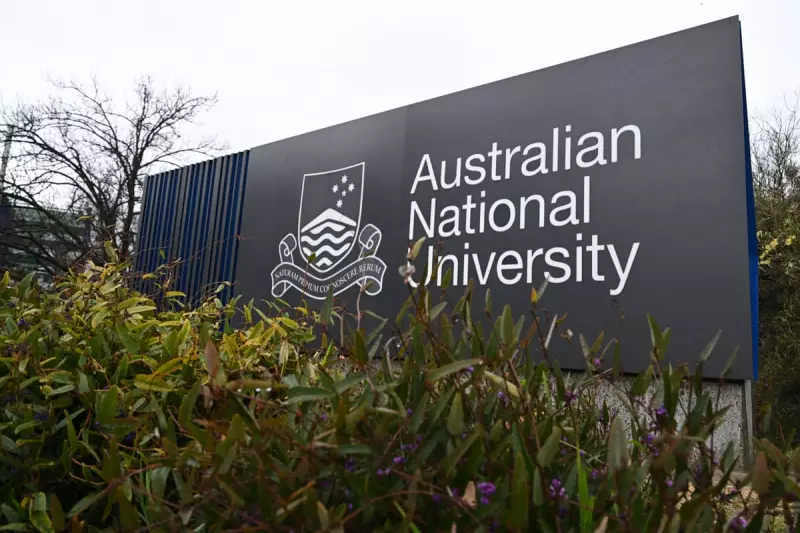
The Australian National University stands accused of breathtaking hypocrisy after quietly acquiring shares in a controversial Israeli weapons manufacturer, despite publicly pledging to purge its portfolio of contentious arms investments.
Broken Promises Exposed
Internal documents reveal ANU purchased $120,000 worth of shares in Elbit Systems in late 2024, mere months after the university's high-profile announcement that it would cease investing in companies involved in controversial weapons manufacturing. The purchase occurred between August and October 2024, directly contradicting the institution's ethical stance.
University's Defence Raises Eyebrows
When confronted with the investment, ANU officials offered a puzzling justification, claiming the shares were acquired through an "external investment manager" and therefore didn't violate their ethical policy. This explanation has drawn sharp criticism from student groups and ethical investment advocates who argue the university cannot outsource its moral responsibilities.
Elbit Systems, Israel's largest weapons manufacturer, faces ongoing scrutiny from human rights organisations for supplying equipment used in conflicts including Gaza. The company produces a range of military technology, from drones to cluster munitions, making it a frequent target of divestment campaigns worldwide.
Student Outrage and Demands
The revelation has ignited fury among the student body, with the ANU Students' Association demanding immediate divestment and full transparency. "This isn't just about broken promises—it's about complicity," stated one student leader. "The university cannot claim ethical credentials while profiting from weapons linked to civilian casualties."
The controversy comes at a sensitive time for Australian universities, many of which face increasing pressure to align their investment strategies with their stated values on human rights and social responsibility.
Broader Implications for Ethical Investing
This incident raises critical questions about the effectiveness of university ethical investment policies and whether institutions are doing enough to ensure their financial decisions match their public commitments. As one ethical investment expert noted, "When universities say one thing and do another, it undermines the entire purpose of having ethical guidelines."
The ANU case serves as a stark reminder that true ethical investment requires rigorous oversight and genuine commitment, not just public relations statements.





